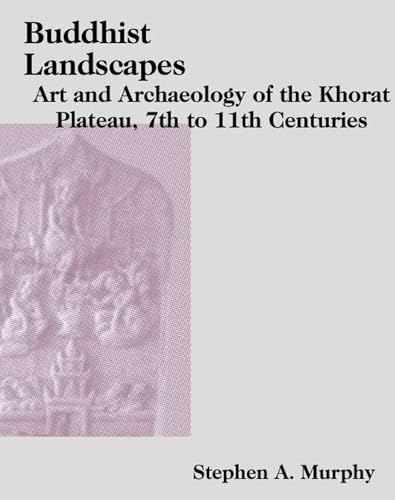Grant opportunity by the National Geographic Society for human origins research, including within Southeast Asia. Deadline is on 3 January 2018

For more than 50 years, the National Geographic Society has supported exploration into the evolution of humankind. Our grants have led to hundreds of new discoveries in paleoanthropology, paleolithic archaeology, molecular anthropology, and paleoecology that have fundamentally changed the understanding of our own species. As we consider that legacy, we look to those areas of the planet where little is known about human origins, and we seek to invest in new ideas, projects, and explorers in and from these regions. The goal of this fund is to encourage more investigation of hominid evolution in Africa and Asia, with preference given to projects in relatively unexplored parts of those continents. Preference will also be given to applicants who are residents or citizens of the country of fieldwork as well as to projects with strong local capacity development components.
Priority will be given to projects that aim to do one or more of the following:
- Discover or explore new paleoanthropological fossil sites in Africa or Asia, particularly those in Central and West Africa and those in East, Southeast, South, and Central Asia
- Increase understanding of the biological, cultural, or ecological parameters of human origins in Africa or Asia
- Develop local capacity in human origins exploration in Africa or Asia
Applicants may request up to US $50,000, though grants are typically funded for less than US $30,000. Up to 20 percent of the requested amount can be used as stipends for the applicant or team members (please see the How to Apply page for stipend eligibility requirements and other budgetary guidance). Projects focused around education or storytelling should explicitly state the plan for evaluating the impact of the work.
Source: RFP: Uncovering Human Origins in Asia and Africa
























This Request for Proposals is still open, with deadlines twice a year. The next deadline kid July 10, 2019.
For more information, contact Dr. Miguel Vilar
Mvilar@ngs.org